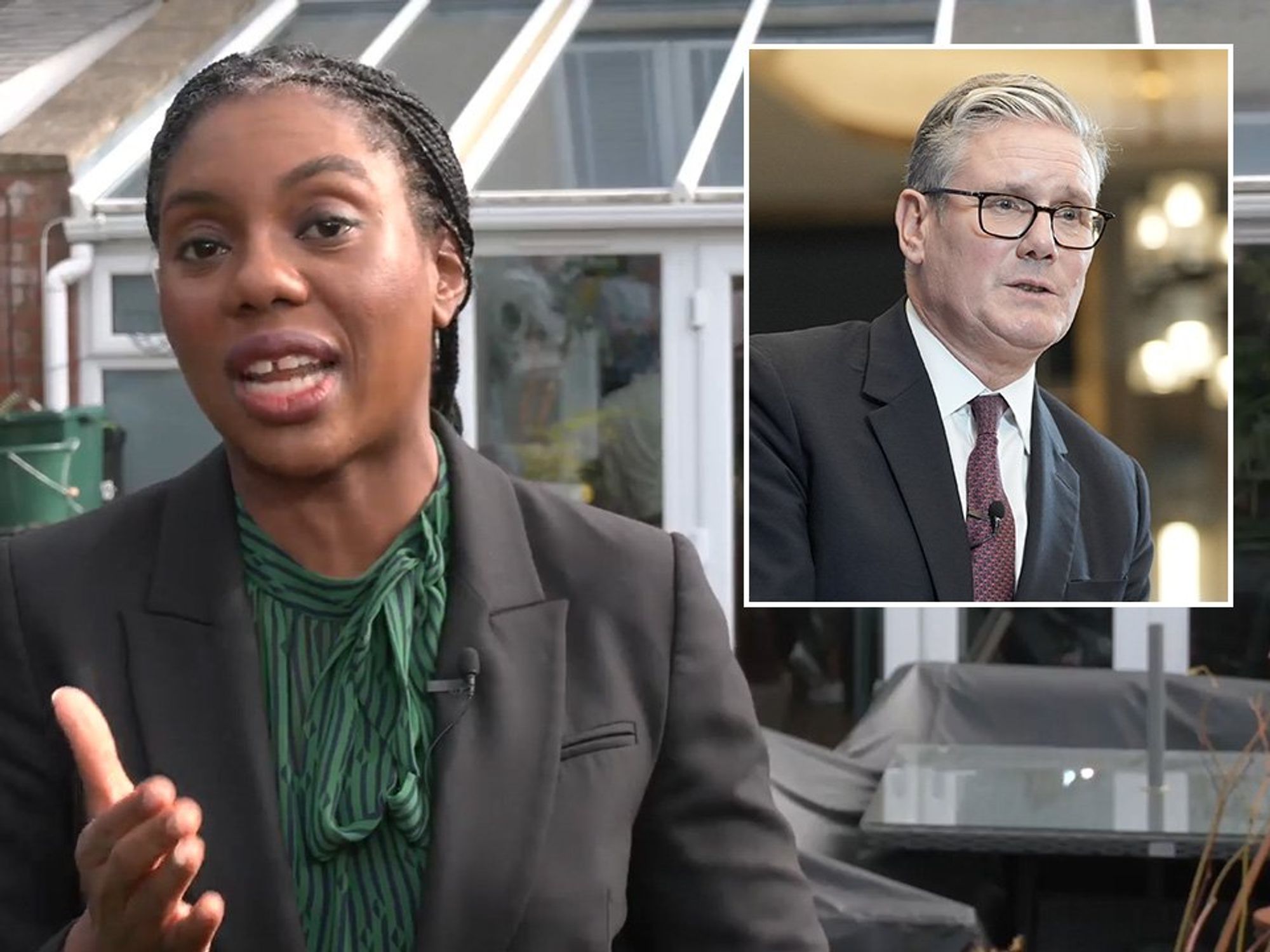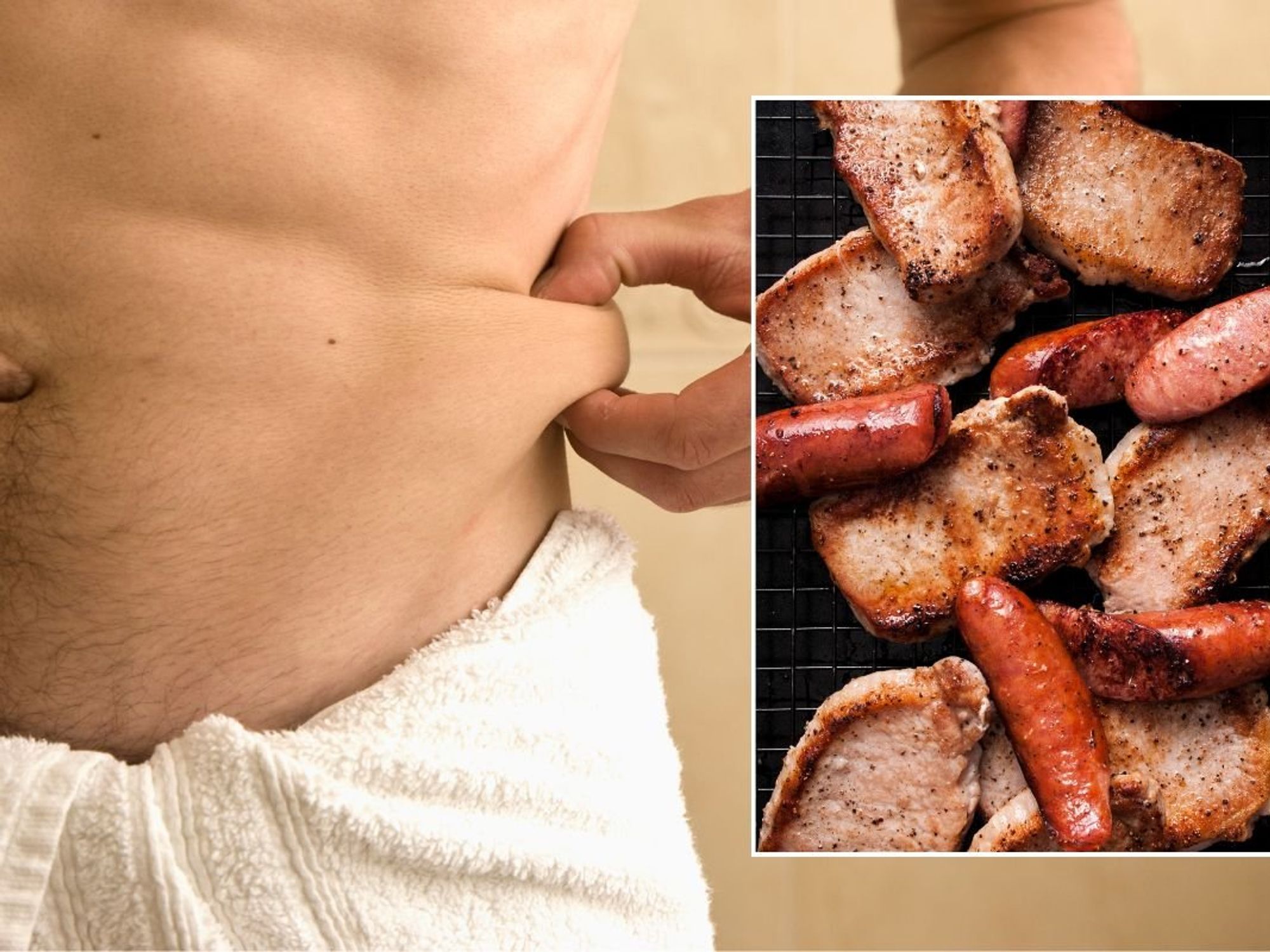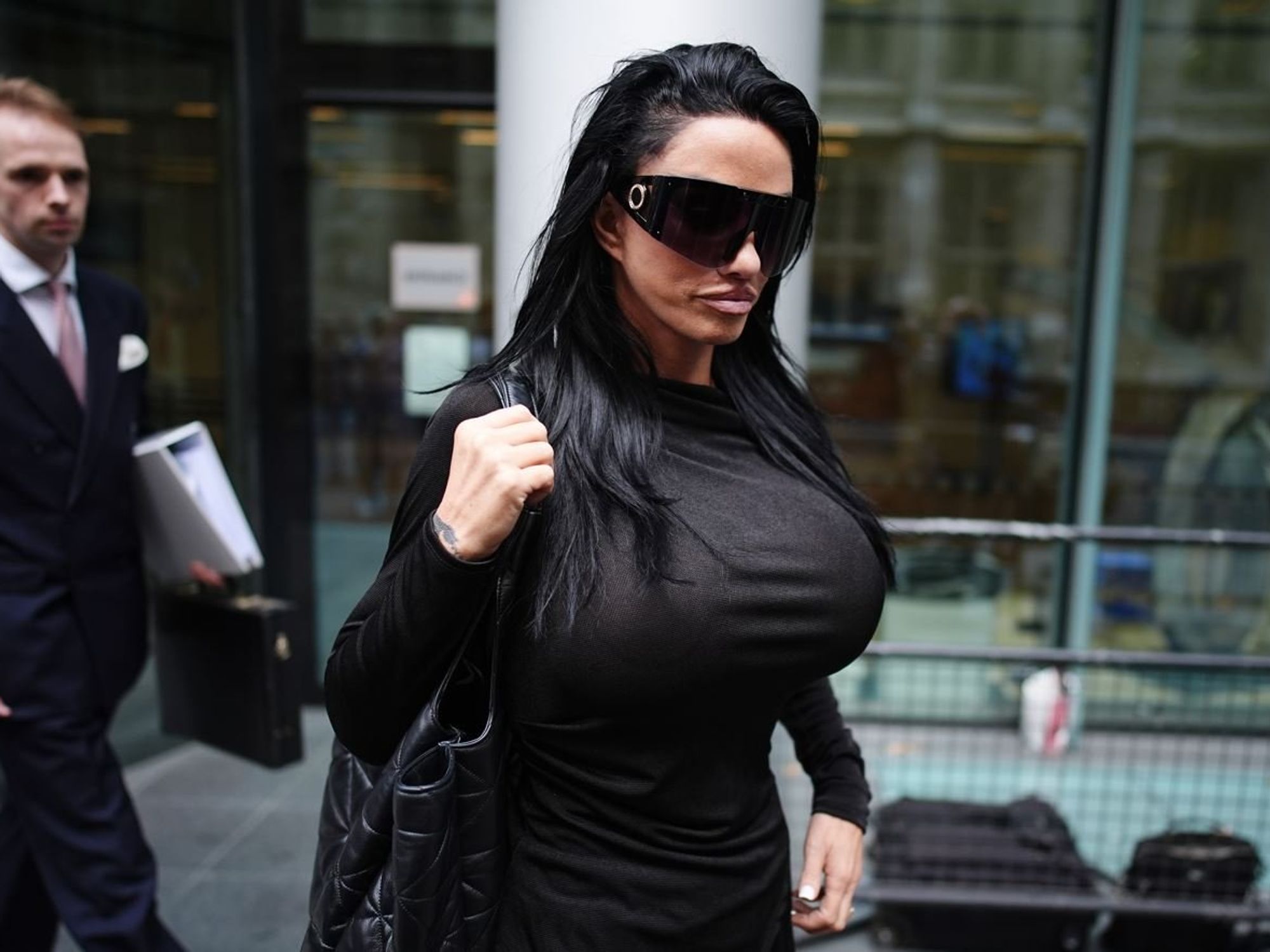Menopausal hair loss: Expert names 4 key approaches to help women manage hormone-related hair changes
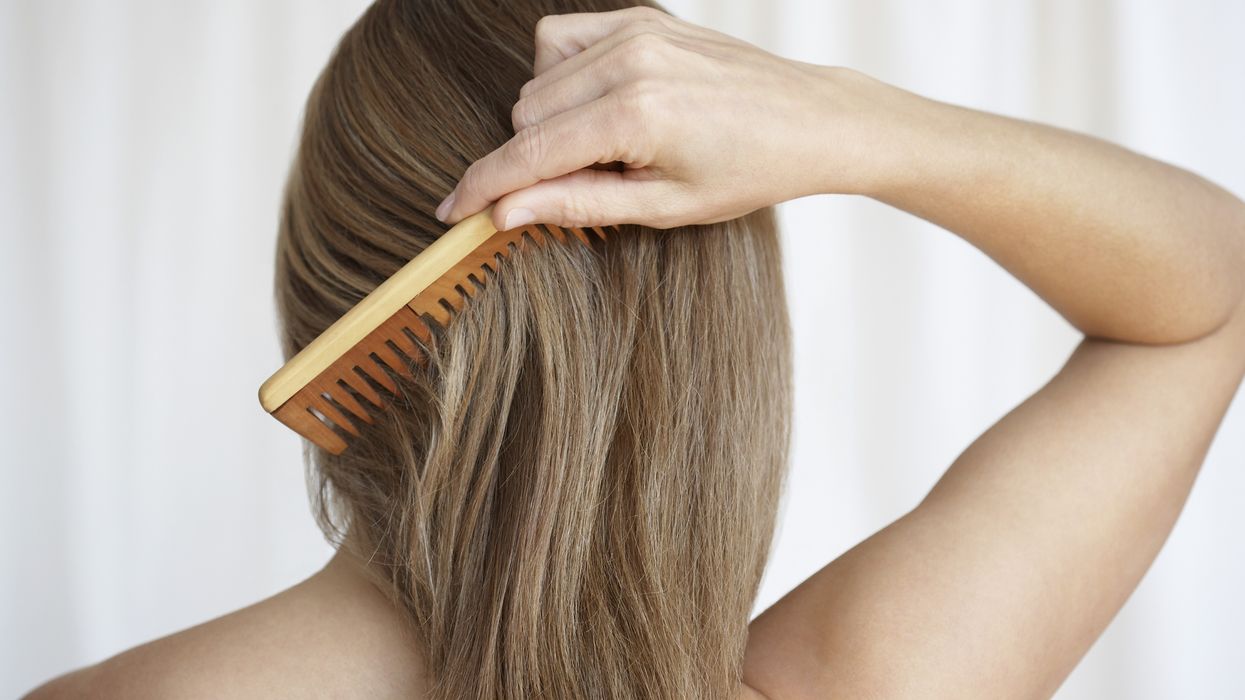
Adding layers is a simple way to create dimension in your hair | GETTY

GB News is consulting skin experts to explore the most effective strategies for achieving beauty goals. This week, an expert has broken down the early interventions that are key for managing menopause-related hair changes
Don't Miss
Most Read
When a woman hits menopause, they often face a cascade of physical changes within a short space of time, including the hair.
Though the transition period is a natural phase in a woman's life, lifestyle adjustments can appease some of the physical symptoms that come with it.
Many experience noticeable differences in texture and thickness due to hormonal fluctuations that affect the hair cycle and scalp health.
As a result, both hair follicles and oil-producing glands are impacted, resulting in slower hair growth and reduced oil production.
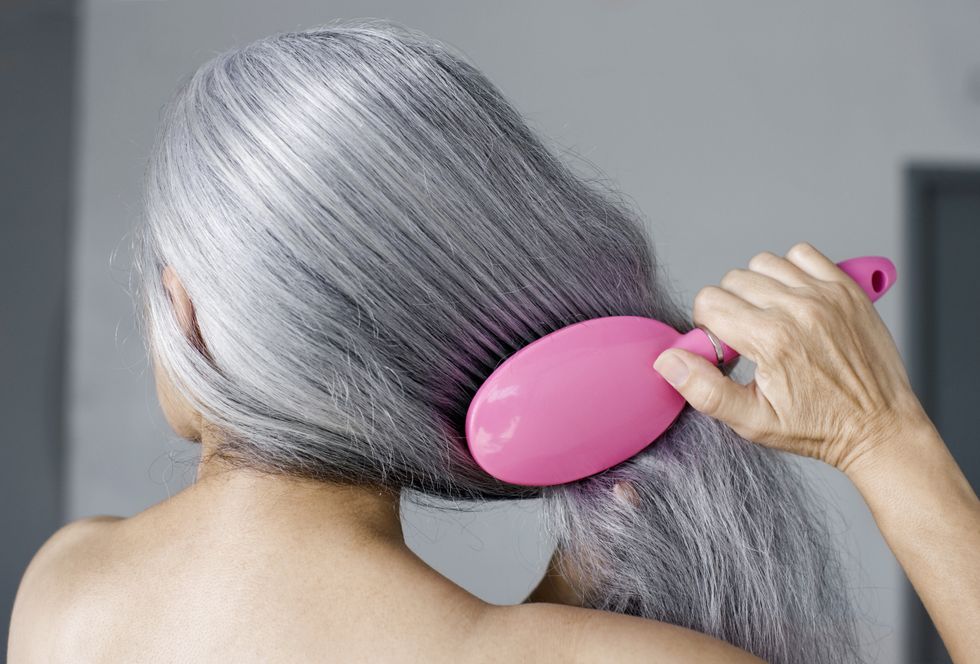 Some cases of hair whitening may be reversible | GETTY
Some cases of hair whitening may be reversible | GETTYThe outcome is often thinner, drier and more brittle hair, though the timing of these changes can vary significantly among individuals.
Multiple factors beyond age influence hair health, including nutritional status, environmental exposures, and hair care practices.
Fortunately, four key approaches can help women manage menopause-related hair changes, according to XYON Health medical director and dermatologist Dr Christina Han.
This includes having underlying imbalances investigated by a doctor, using hair loss treatments, selecting good hair care products and eating a balanced diet.
"If treated early, hair loss can be slowed or halted," Dr Hantold GB News.
"Regrowth can be more challenging if the follicular miniaturisation process is far advanced, so the earlier it can be detected and treated by a healthcare professional, the better."
Because hair loss is often multi-factorial, it’s important you are supported by a professional to find the right treatment course for you.
Pharmaceutical hair loss treatments can assist with maintaining existing hair and potentially stimulate regrowth, though consultation with a physician is essential.
Selecting appropriate hair care products is crucial, focusing on treating scalp dryness and using evidence-based products that optimise scalp and hair health.
A well-balanced diet is also vital, as restrictive dieting can lead to premature shedding.
LATEST DEVELOPMENTS
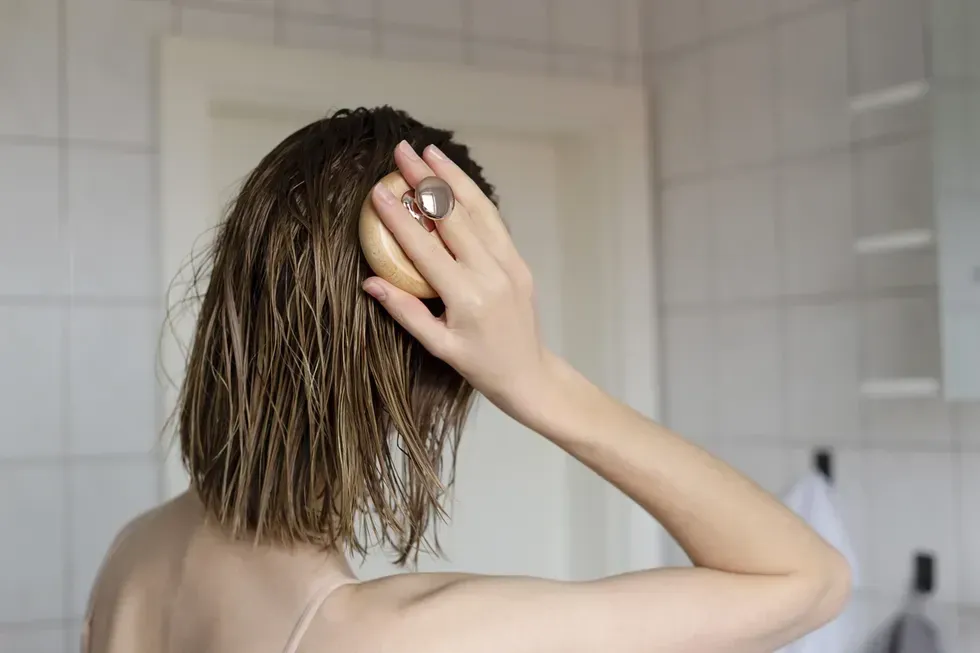
Both hair follicles and oil-producing glands are impacted by menopause
| GETTY"Good nutritional status with adequate protein intake, low stress and dealing with any underlying medical issues, including hormonal imbalances all can go a long way in optimizing your hair growth, thickness and texture," noted Dr Han.
Whichever approach is adopted, early intervention remains key for managing menopause-related hair changes, with better outcomes when treatment begins before significant hair loss occurs.
While complete reversal of hair changes may be challenging, particularly if follicular miniaturisation is advanced, improvements are possible with proper treatment.
A comprehensive approach addressing hormonal imbalances, nutrition, and proper hair care offers the best chance of maintaining healthy hair during menopause.






